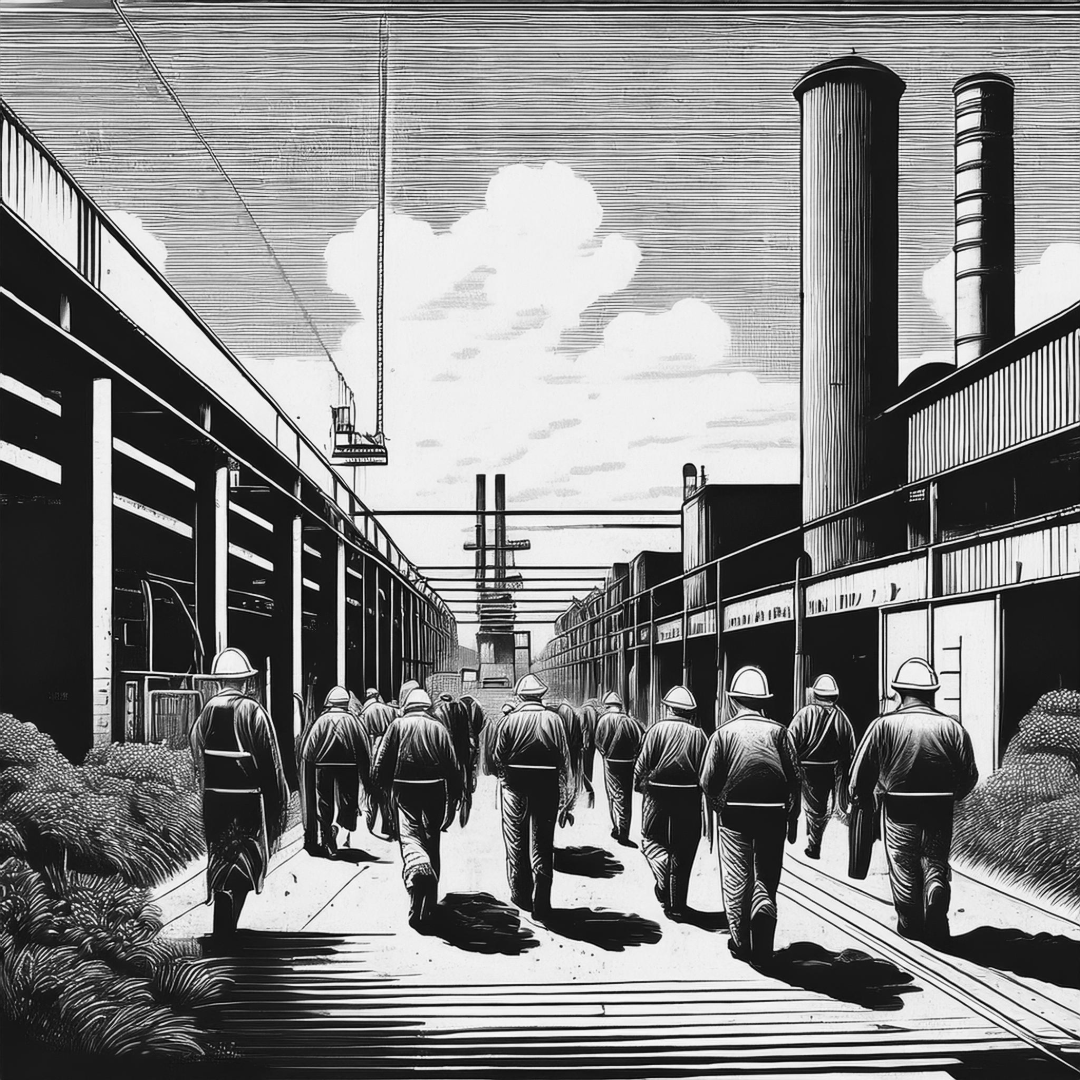PELL CITY, Ala. — WKW North America LLC, an auto parts supplier in Pell City, is set to lay off 140 workers early next year, delivering a blow to the local economy and highlighting broader issues of corporate responsibility in the global automotive supply chain.
The layoffs, scheduled to begin Feb. 7, 2025, were disclosed through the Alabama Department of Commerce’s Worker Adjustment and Retraining Notification (WARN) list. WKW North America, which manufactures aluminum trim and roof rail systems for major automakers, including Hyundai, has not provided detailed reasons for the job cuts.
The move comes at a time when automakers are reporting robust profits. Hyundai, for instance, recently celebrated record-breaking sales in the United States. Critics argue that companies like WKW and their corporate partners have an obligation to shield workers from the volatility of the industry, particularly in rural areas like Pell City that rely heavily on manufacturing jobs.
The layoffs underscore a troubling trend in the auto industry’s supply chain, where smaller manufacturers often bear the brunt of economic shifts, even as automakers expand their global reach. Industry analysts suggest that while suppliers like WKW face increasing pressure to cut costs, automakers are not doing enough to ensure stability for their partners.
The layoffs represent a significant economic challenge for Pell City, a community of just over 14,000 residents in St. Clair County. Manufacturing jobs make up a significant portion of the local workforce, and WKW has long been one of the area’s largest employers.
Residents worry that the layoffs will exacerbate existing economic disparities in the region, where rural communities already struggle with limited access to high-paying jobs and career advancement opportunities.
Labor advocates are calling for stronger protections for workers in Alabama and beyond. Critics point to the state’s weak labor laws and lack of union presence as factors that leave workers vulnerable to abrupt job losses.
The Pell City layoffs come amid a larger debate about the future of the auto industry. As manufacturers transition to electric vehicles, supply chains are being restructured, and the demand for traditional components is declining. Without proactive measures, experts warn that more job losses could follow in Alabama, a state that has invested heavily in attracting automakers.
As WKW prepares to downsize, the workers and their families are left to navigate an uncertain future. For many in Pell City, the question remains: who will stand up for the people when corporate interests drive the conversation?
This story continues to unfold, with workers and advocates urging transparency and accountability from WKW and the auto industry at large.

